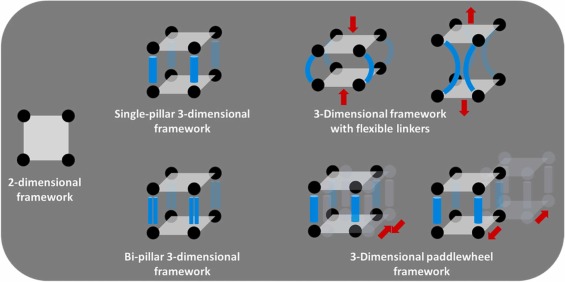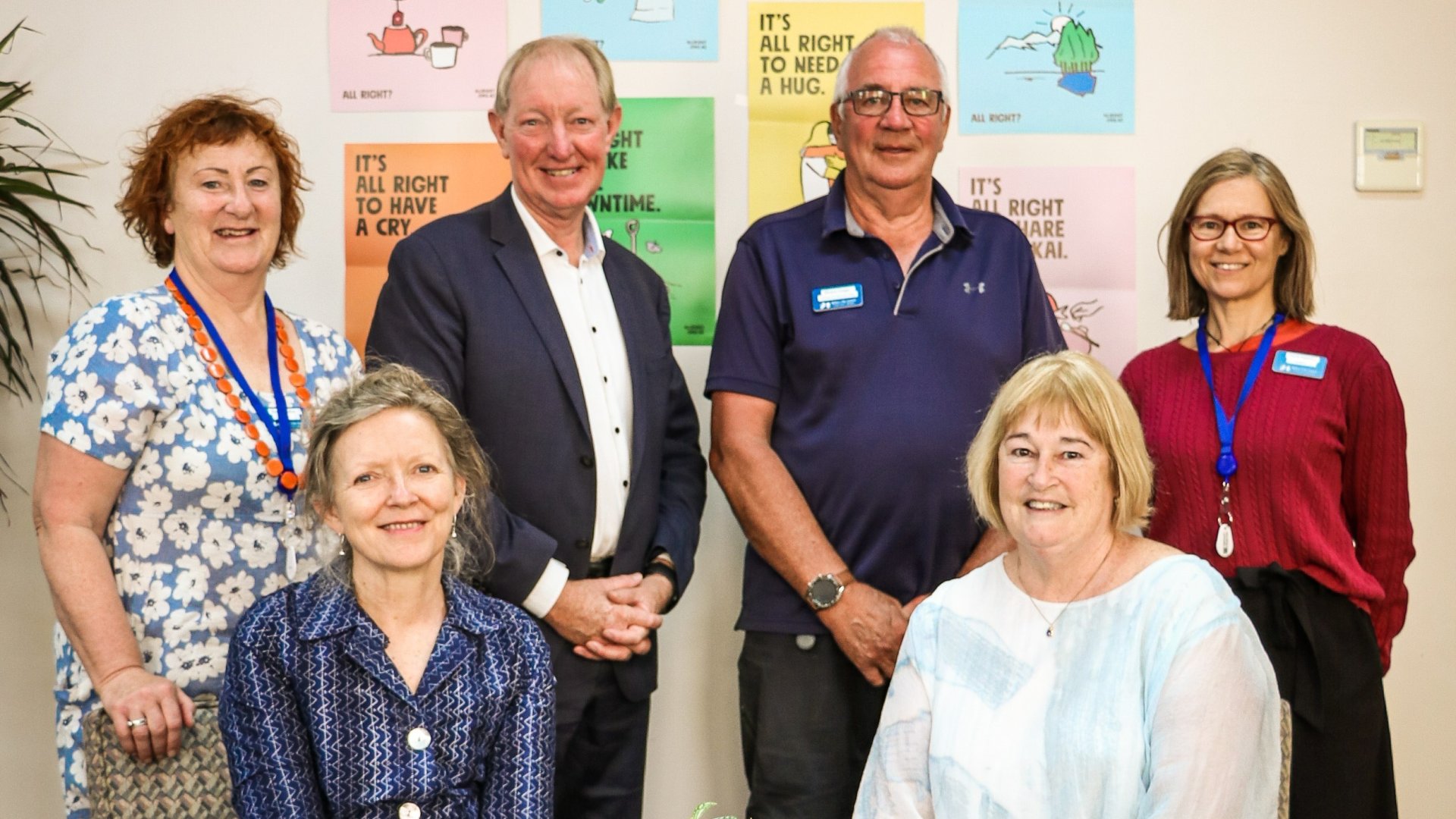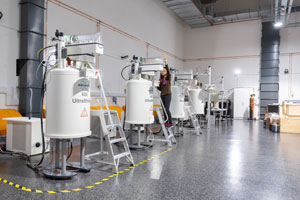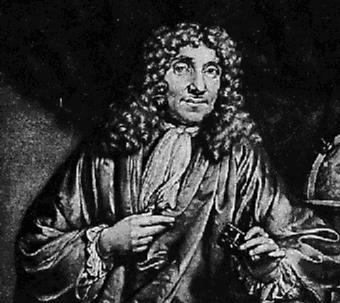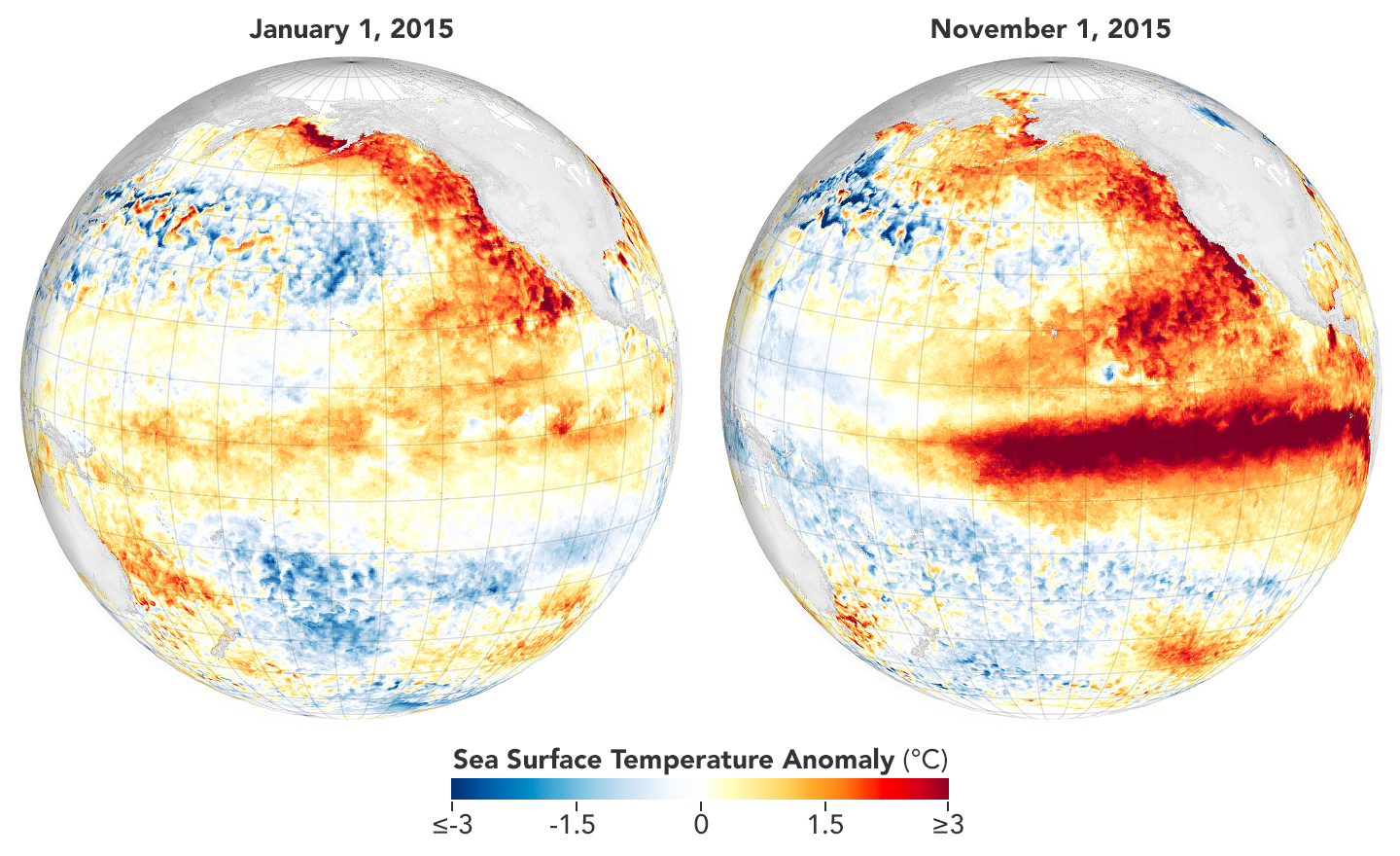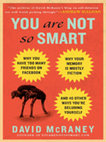A Basic Mathematical Framework Enables Targeted Synthesis of Innovative Catenane Designs In a significant advancement for supramolecular chemistry, scientists have utilized a mathematical framework to purposefully synthesize a sophisticated interwoven catenane design, potentially laying the groundwork for developing more elaborate interlocked systems. Catenanes, characterized by their distinct interlocking ring formations, are receiving increasing attention for […]
Read More